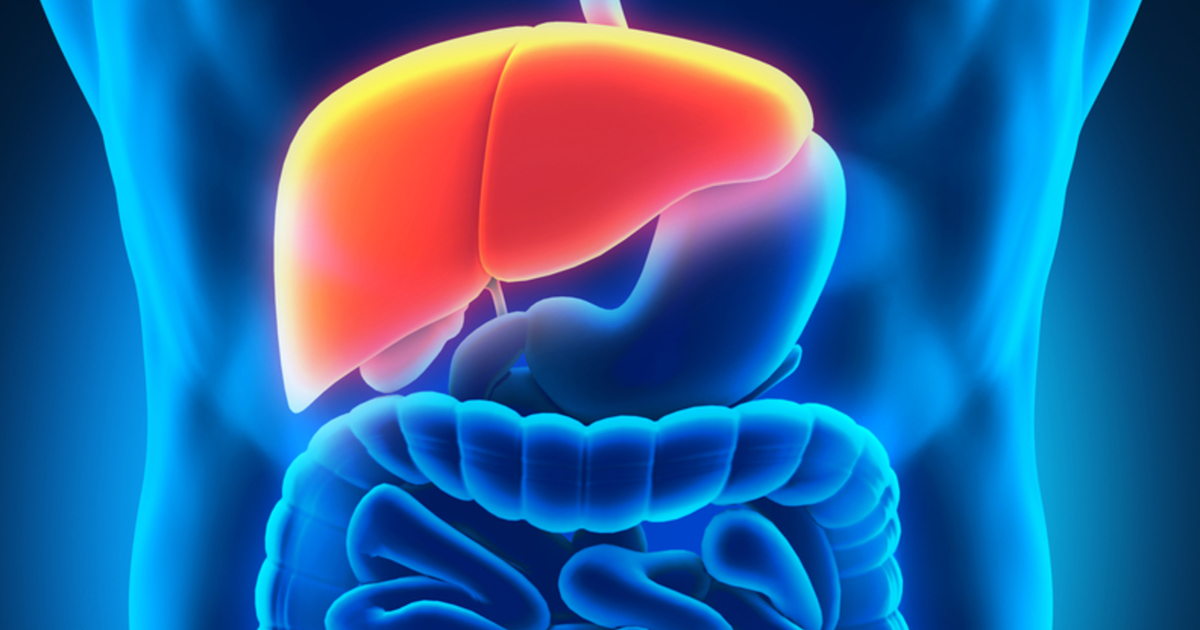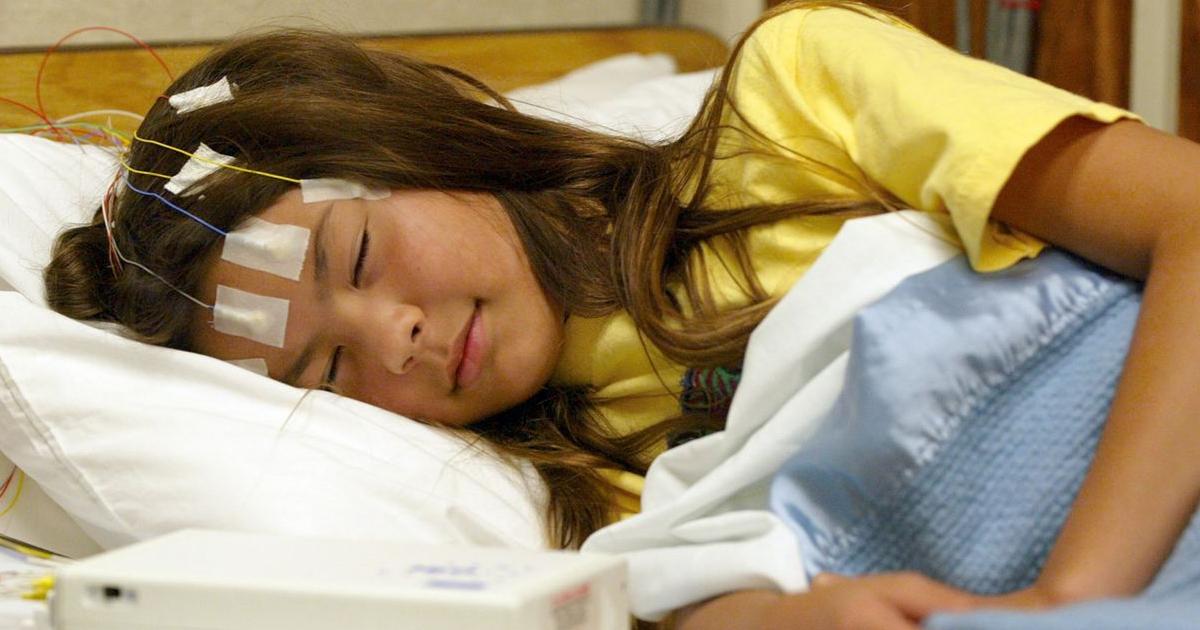Guide To The Symptoms Of Reye's Syndrome
Reye's syndrome is a serious, rare condition that leads to swelling in the brain and liver. The condition is most commonly seen in teenagers and children recovering from viral infections like chickenpox or the flu. If there are neurological symptoms like seizures, confusion, and loss of consciousness, this is a medical emergency and needs immediate treatment. Prompt diagnosis and treatment are vital because they could potentially save the life of a child. Some studies have linked acetylsalicylic acid (ASA) to Reye's syndrome. Parents should be cautious when treating their child's pain or fever with ASA, and children recovering from a viral infection should never take it.
Get familiar with the symptoms of Reye's syndrome now.
Swollen Liver

When Reye's syndrome sets in, the patient's blood sugar will usually drop. At the same time, acidity and ammonia levels in the blood rise, and the liver may swell up and develop fatty deposits. There are multiple potential liver complications of Reye's syndrome. In addition to fatty deposits, patients may have abnormal liver function tests. If the liver stops performing its usual functions, this can lead to the accumulation of toxic substances in the blood. In serious cases, the liver fails entirely. Liver failure is a condition where the liver has lost enough function that it cannot perform lifesaving functions. Patients with failing livers may exhibit bleeding and poor blood clotting. Typically, liver failure must be treated with a liver transplant.
Continue reading to reveal more warning signs of Reye's syndrome now.
Excessive Lethargy

In children over two years old and teenagers, excessive lethargy is one of the early symptoms of Reye's syndrome. The child may be unusually sleepy and have trouble focusing on the world around them. They may sleep more than usual, fall asleep at odd times, and find it difficult to concentrate on typical tasks. Unfortunately, because Reye's syndrome tends to occur after a viral infection, parents and health professionals may mistake this lethargy for a normal part of the recovery process. Lethargy can be caused by a number of other issues as well, ranging from mild to severe. It should be monitored if it follows a virus because of the seriousness of untreated Reye's syndrome. Other common causes of lethargy are sleep issues, medication side effects, chronic illnesses, anemia, heart problems, hypothyroidism, mental health issues, and certain cancers.
Uncover more Reye's syndrome symptoms now.
Seizures

Seizures occur when the brain becomes dangerously swollen, and they require emergency treatment. Parents should seek emergency medical help immediately if their child has convulsions or seizures, or if they lose consciousness unexpectedly. Brain swelling causes pressure inside the skull to increase. In some cases, the pressure prevents blood flow to the brain, which can lead to the death of brain tissue. If swelling blocks other fluid from naturally leaving the brain, the condition can get even worse. A seizure occurs when there is abnormal electrical activity in the brain. Some individuals with epilepsy experience seizures commonly and don't require medical treatment if the seizure doesn't last more than five minutes. But if the child doesn't have a history of seizures, a sudden seizure is a medical emergency that must be evaluated and treated to make sure serious neurological conditions aren't present.
Keep reading to get more information on the various symptoms of Reye's syndrome now.
Persistent Vomiting

Persistent and continuous vomiting are other early symptoms of Reye's syndrome. They may begin occurring suddenly after the affected individual has seemed to be on the mend from their viral infection. Some parents may mistake the vomiting for a continuation of the earlier virus. The vomiting tends to begin around three to five days following the initial onset of the viral infection. This is also often coupled with lethargy. It's important to get sudden and persistent vomiting evaluated by a medical professional. Even if it isn't caused by Reye's syndrome, it's vital to be sure it isn't caused by another potentially serious illness.
Discover more warning signs linked to Reye's syndrome now.
Disorientation Or Hallucinations

Disorientation, confusion, and hallucinations are neurological symptoms that may occur because of the swelling in the brain. These are severe symptoms that need emergency treatment. A child experiencing disorientation may forget where they are, what they're doing, or who they're speaking to in a manner beyond normal absentmindedness. They may be confused about what's happening around them, struggle to follow a line of conversation, or have trouble communicating. Hallucinations involve seeing or hearing things that aren't there, or experiencing other sensations that aren't happening. These experiences are caused by the brain failing to accurately interpret information about the outside world. If the affected child doesn't receive emergency treatment, neurological symptoms can lead to permanent brain injury or even death.